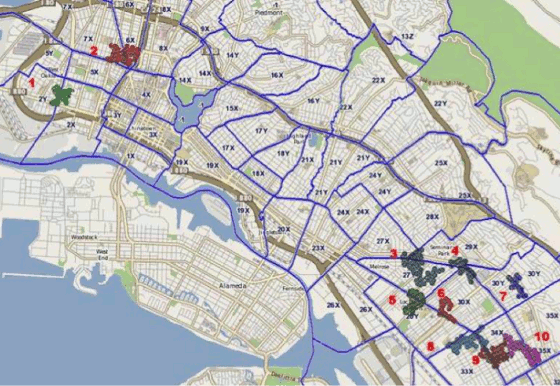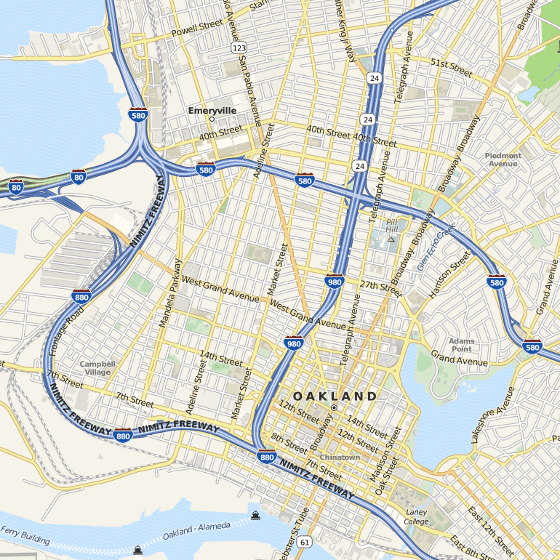Go Internet! Instantly message the U.S. Congress! (Tell them to kill the so-called Research Works Act too!)
Another, much bigger, tiresome rearguard action. I’m impressed by protesters’ nearly universal and exclusive focus on encouraging readers to contact U.S. Congresspeople. I hope it works. SOPA and PIPA really, really deserve to die.
But the protest also bums me out.
1) Self-censorship (in the case of sites completely blacked out, as opposed to those prominently displaying anti-SOPA messages) is not the Internet at its best. If that claim weren’t totally ridiculous, the net wouldn’t be worth defending. It isn’t even the net at its political best — that would be creating systems which disrupt and obviate power — long term offensives, not short-term defenses.
2) Near exclusive focus on supplication before 535 [Update: 536] ultra-powerful individuals is kinda disgusting. But it needs to be done, as effectively as possible.
3) I haven’t looked at a huge number of sites, but I haven’t seen much creativity in the protest. Next time it would be fun to see an appropriate site (Wikipedia? Internet Archive?) take what Flickr has done and add bidding for the “right” to darken particular articles or media as a fundraiser. Art would be nice too — I’d love to hear about anything really great (and preferably libre) from this round.
4) While some prominent bloggers have made the point that “piracy” is not a legitimate problem, overwhelmingly the protest has stuck to defense — SOPA and PIPA would do bad things to the net, and wouldn’t “work” anyway. Google goes much further, saying “End Piracy, Not Liberty” and “Fighting online piracy is important.” Not possible, wrong, and gives away the farm.
5) Nobody making the point that everyone can help with long-term offensives which will ultimately stop ratcheting protectionism, if it is to be stopped. Well, this nobody has attempted:
[I]magine a world in which most software and culture are free as in freedom. Software, culture, and innovation would be abundant, there would be plenty of money in it (just not based on threat of censorship), and there would be no constituency for attacking the Internet. (Well, apart from dictatorships and militarized law enforcement of supposed democracies; that’s a fight intertwined with SOPA, but those aren’t the primary constituencies for the bill.) Now, world dominationliberation by free software and culture isn’t feasible now. But every little bit helps reduce the constituency that wishes to attack the Internet to possibly protect their censorship-based revenue streams, and to increase the constituency whose desire to protect the Internet is perfectly aligned with their business interests and personal expression.
…
I’d hope that at least some messages tested convey not only the threat SOPA poses to Wikimedia, but the long-term threat the Wikimedia movement poses to censorship.
Also:
Bad legislation needs to be stopped now, but over the long term, we won’t stop getting new bad legislation until policymakers see broad support and amazing results from culture and other forms of knowledge that work with the Internet, rather than against it. Each work or project released under a CC license signals such support, and is an input for such results.
And:
Finally, remember that CC is crucial to keeping the Internet non-broken in the long term. The more free culture is, the less culture has an allergy to and deathwish for the Internet.
…
Of the five items I list above, the first three are admittedly peevish. Four and five represent not so much problems with the current protest as they do severe deficiencies in movements for intellectual freedom. Actually they are flipsides of the same deficiency: lack of compelling explanation that intellectual freedom, however constructed and protected, really matters, really works, and is really for the good. If such were well enough researched and explained so as to become conventional wisdom, rather than contentious and seemingly radical, net freedom activists could act much more proactively, provocatively, and powerfully, rather than as they do today: with supplication and genuflection.
I am not at all well read, but my weak understanding is that the withdrawal of economists from studying intellectual protectionism in the late 1800s was a great tragedy. To begin the encourage rectification of that century plus of relative neglect, today is a good day to start reading Against Intellectual Monopoly.
In the meantime, the actual and optimal counterfactual drift further apart, without any help from SOPA and PIPA.






